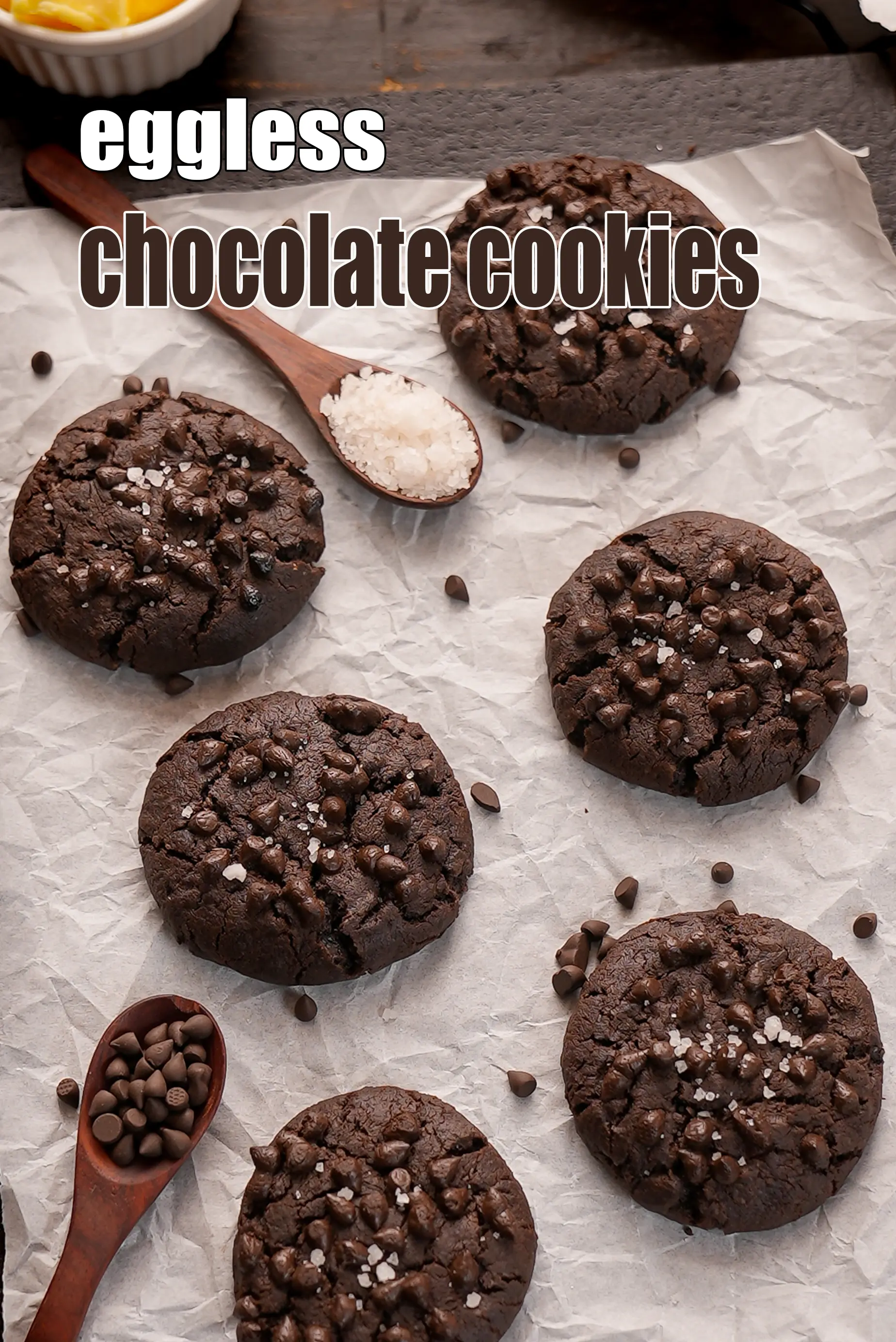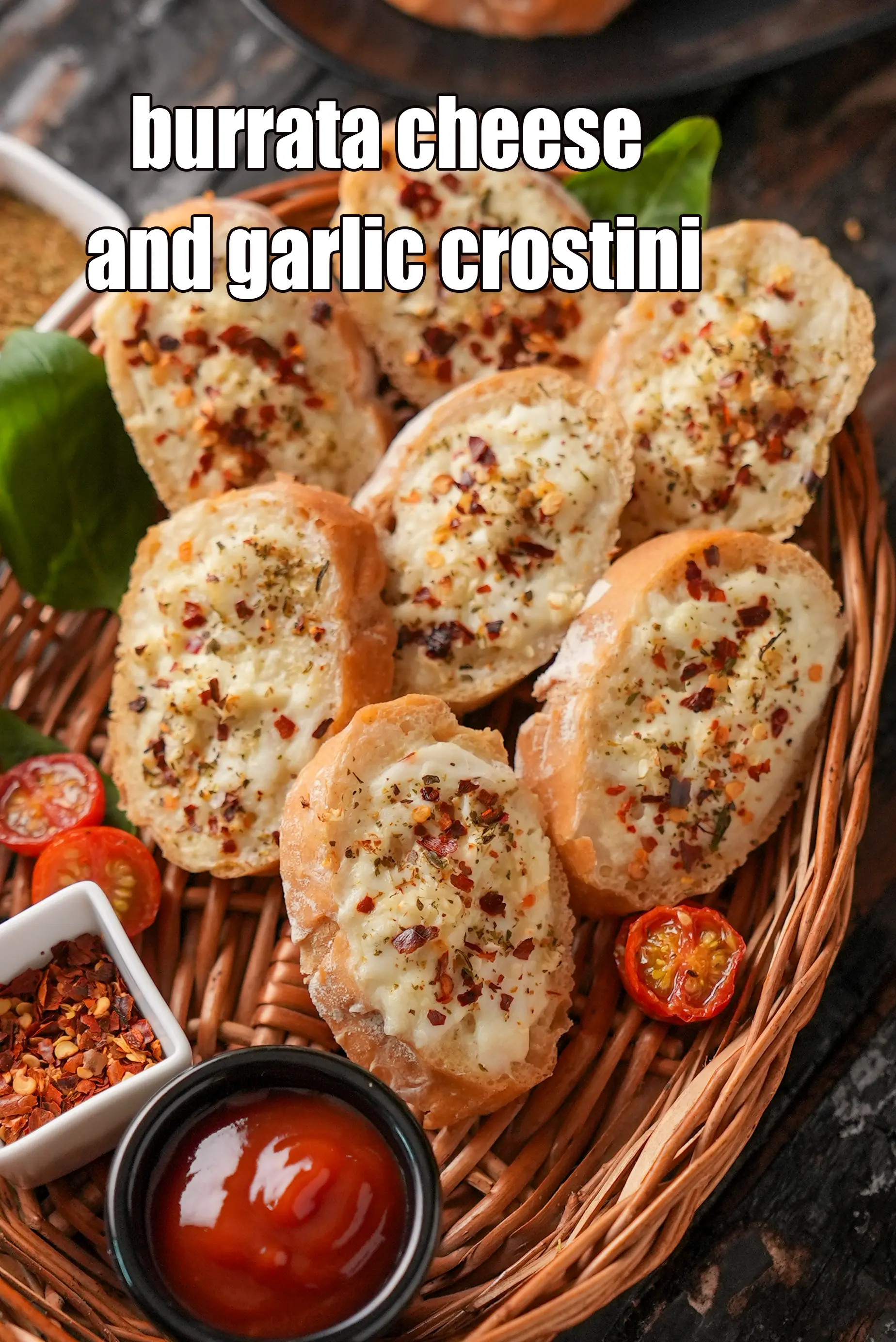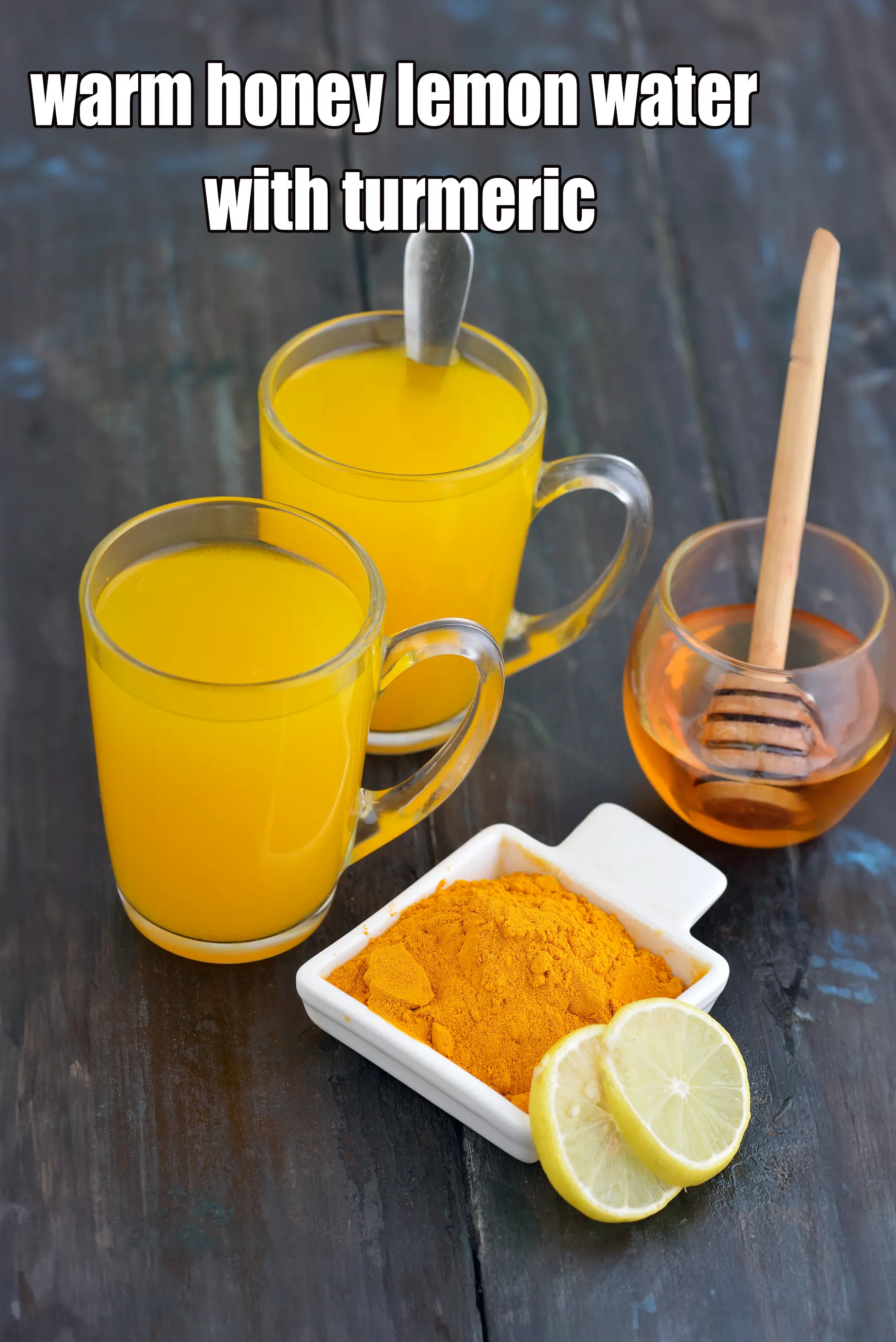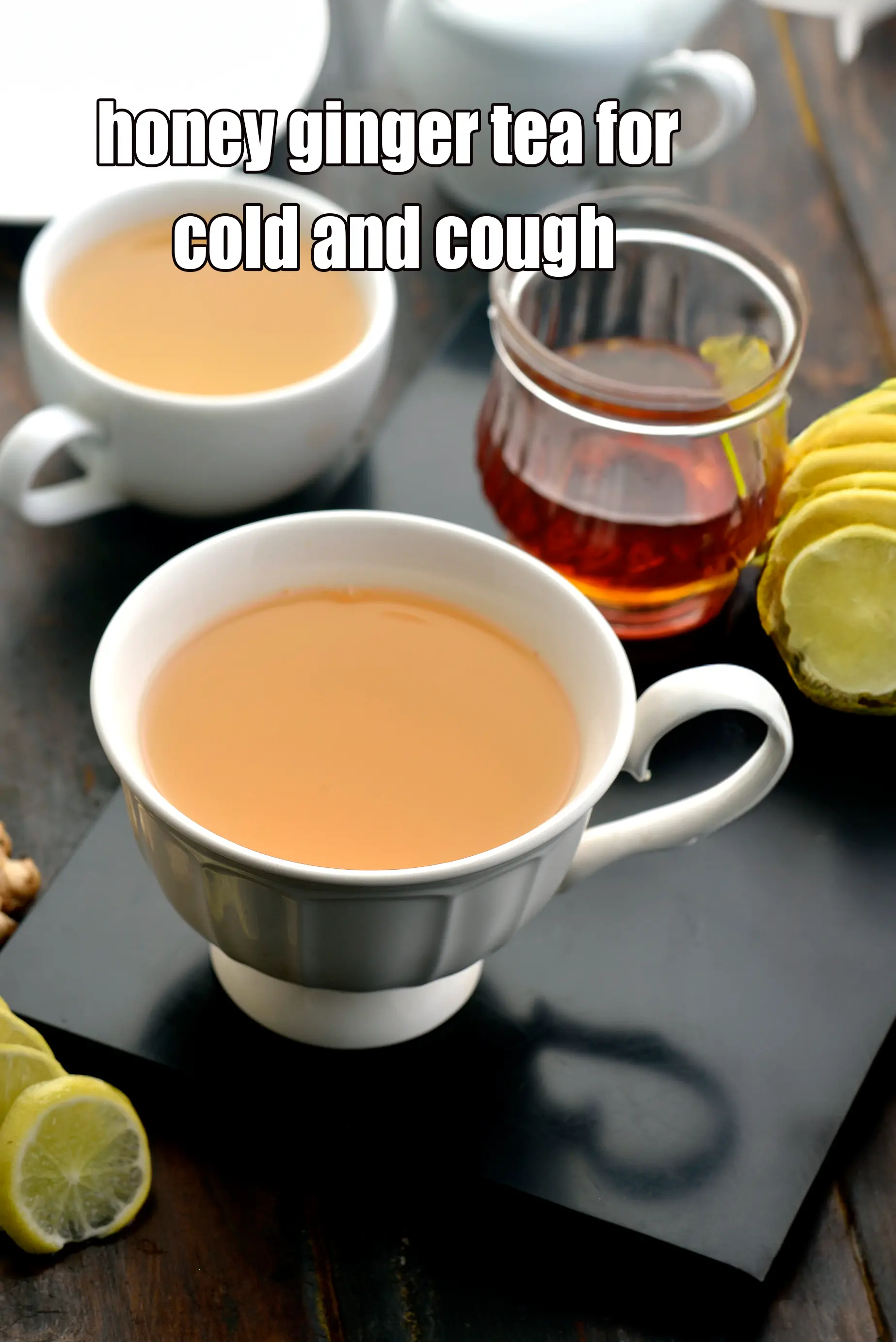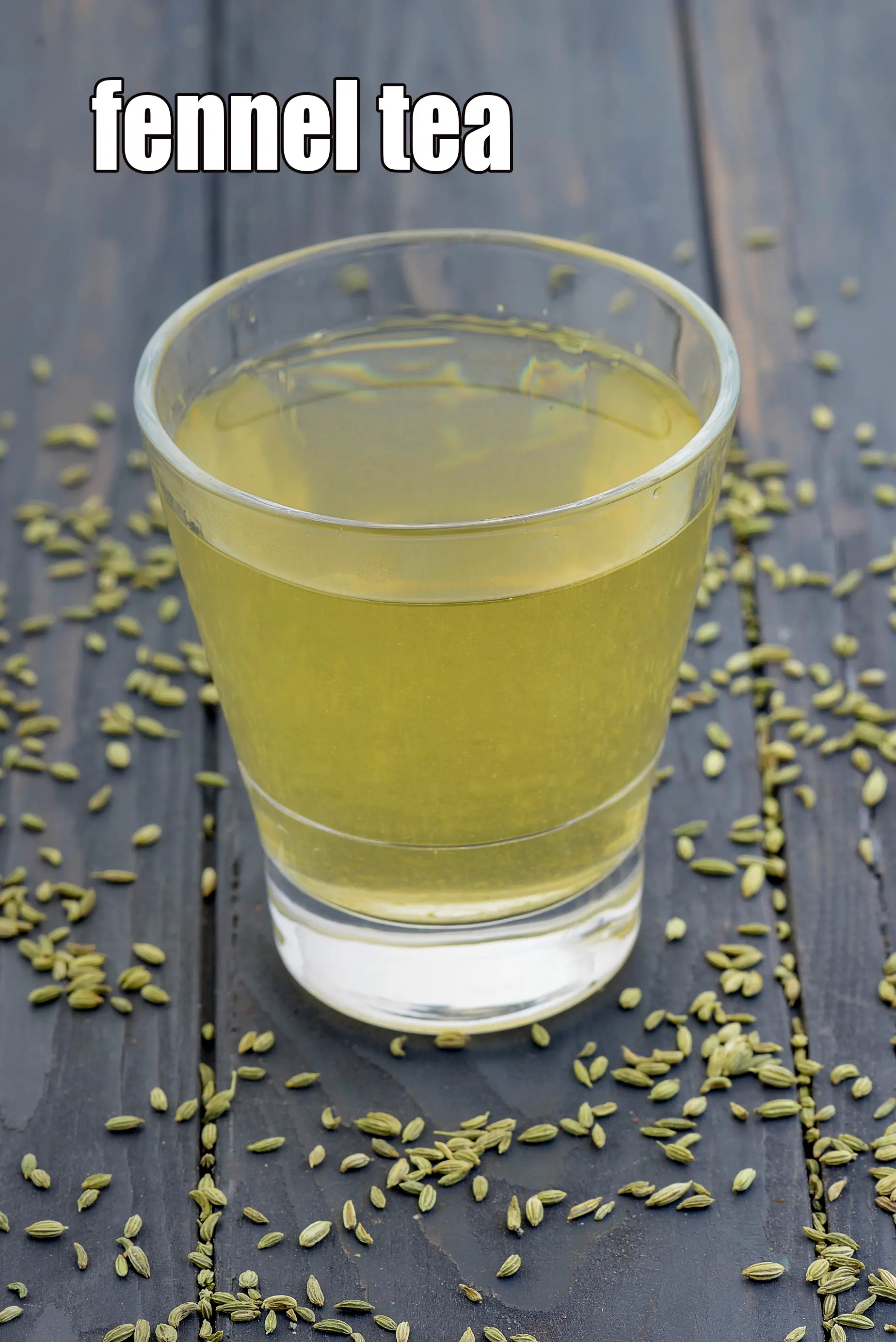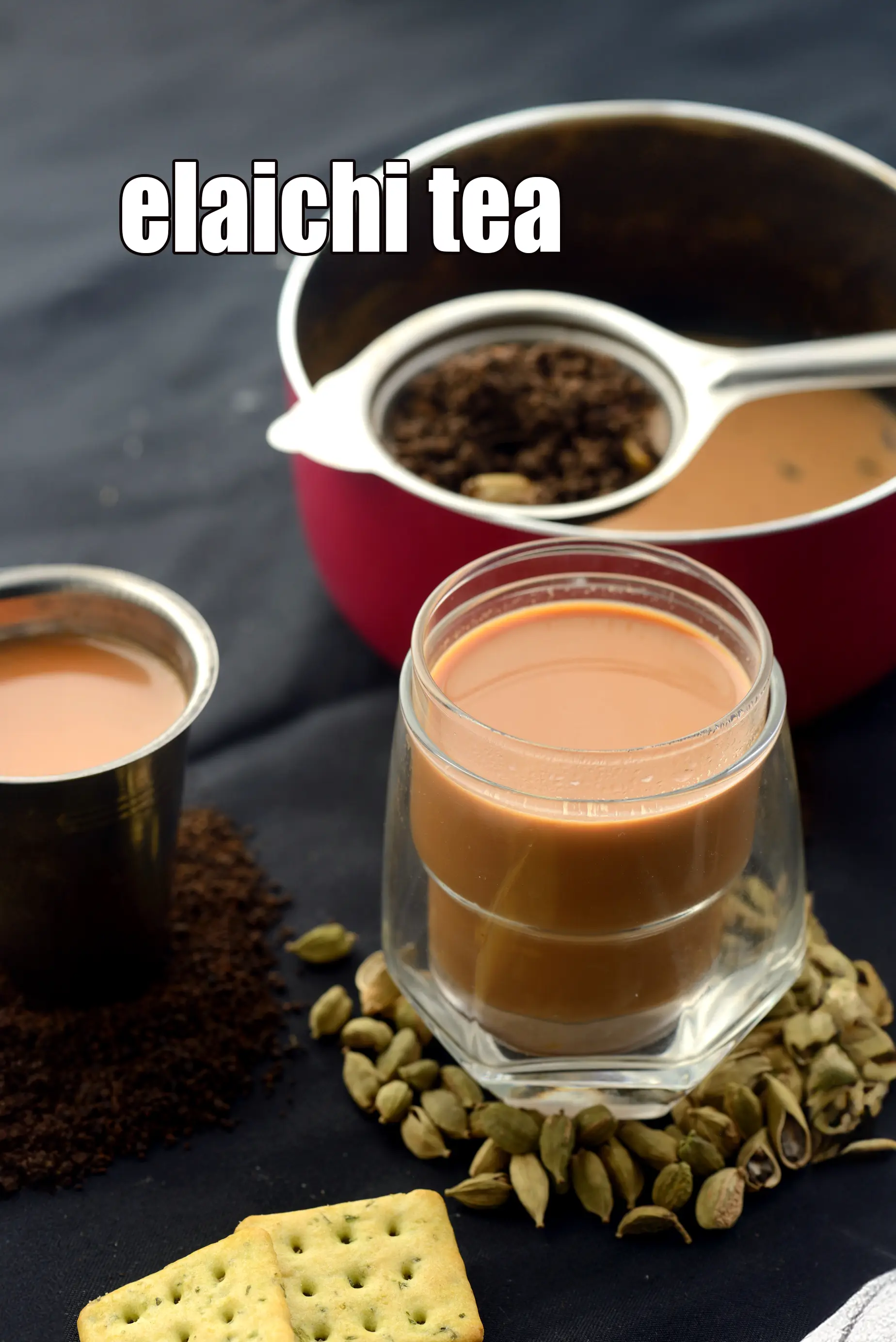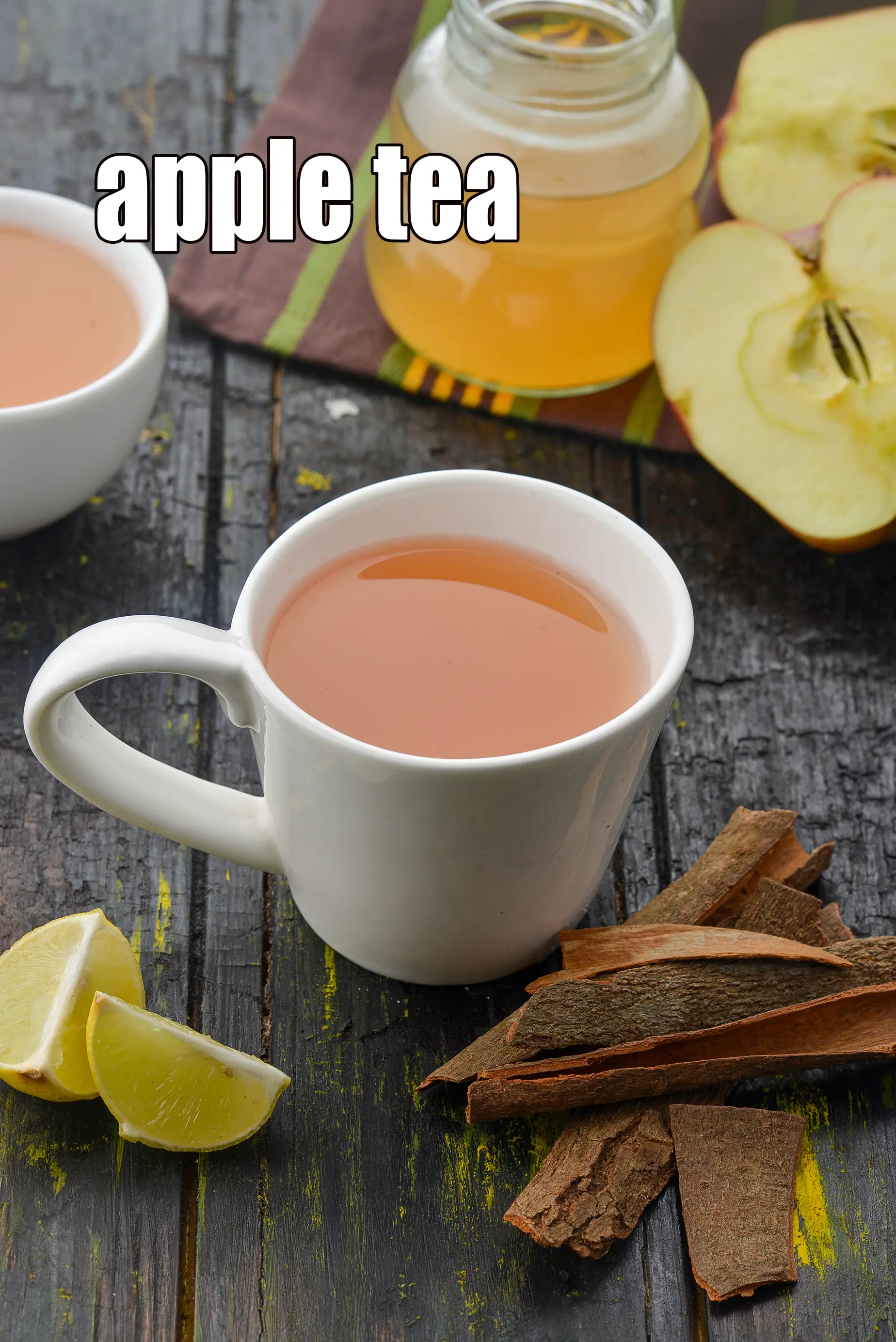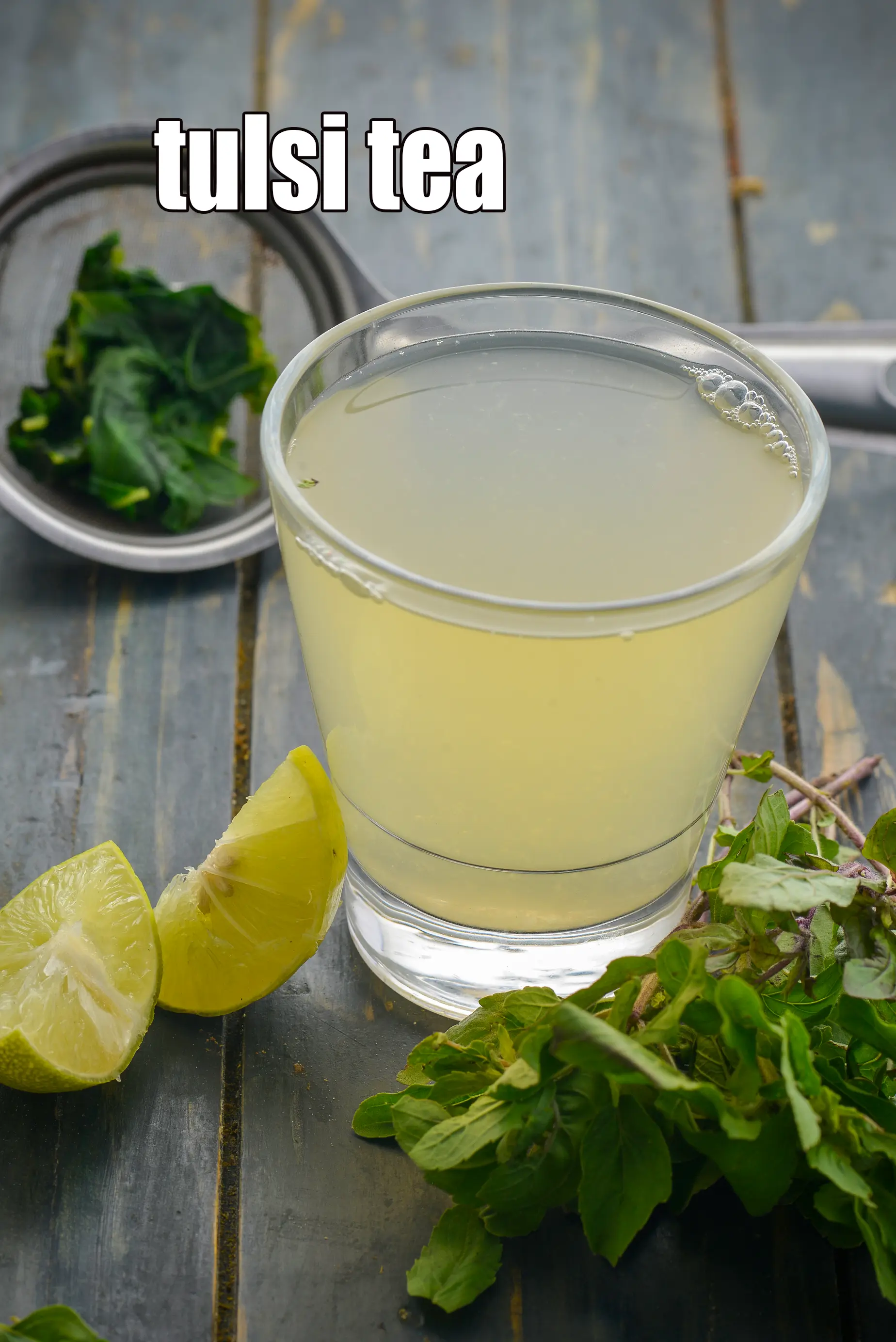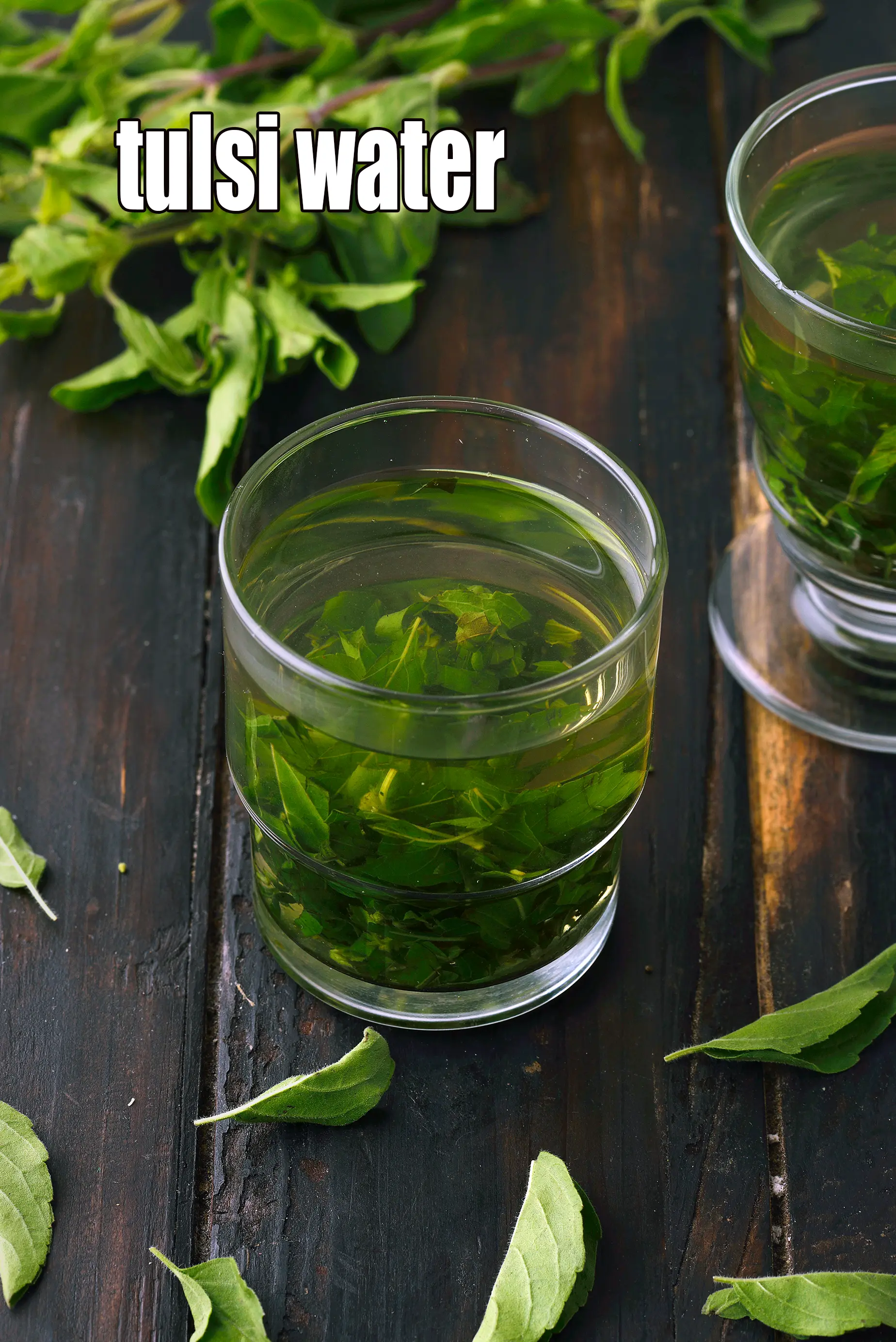Nutritional Facts of Whole Masoor Salad, Calories in Whole Masoor Salad
This calorie page has been viewed 3310 times
Healthy Indian Recipes
Healthy Indian Recipes
Healthy Indian Recipes
Table of Content
How many calories does one serving of Whole Masoor Salad have?
One serving (275 grams) of Whole Masoor Salad gives 204 calories. Out of which carbohydrates comprise 120 calories, proteins account for 44 calories and remaining calories come from fat which is 38 calories. One serving of Whole Masoor Salad provides about 10.3 percent of the total daily calorie requirement of a standard adult diet of 2,000 calories.
Whole Masoor Salad serves 2, 275 grams per serving.
204 calories for 1 serving of Whole Masoor Salad, Cholesterol 0 mg, Carbohydrates 30g, Protein 11g, Fat 4.5g. Find how much fibre, iron, calcium, zinc, magnesium, phosphorus, sodium, potassium, folic acid is present in Whole Masoor Salad.
See whole masoor salad recipe | healthy whole red lentil Indian salad | protein rich masoor salad | with 30 amazing images.
Whole masoor salad is a nutritious Indian salad made from whole masoor dal (red lentils), which are rich in protein, fiber, and various vitamins and minerals. This salad is not only healthy but also very versatile, allowing for various ingredients based on personal preference.
Here is another lip-smacking way to enjoy wholesome masoor. In this irresistible Whole Masoor Salad, this nutrient-packed lentil is combined with assorted veggies and a tangy dressing of lemon juice and green chillies.
A dash of olive oil in the dressing rounds off the flavours well, while a sprinkling of pepper adds to the excitement. Indeed, this tongue-tickling whole red lentil Indian salad is a great way to top up on protein, fibre, iron and B-complex vitamins.
Protein rich masoor salad has 11 grams of protein (20% of RDA).
Pro tips for whole masoor salad. 1. 1 cup of cooked Masoor dal gives 19 grams of protein. Being rich in Phosphorus it works with Calcium to build our bones. Soaking 1/2 cup whole masoor gives 1 cup. 2. To make the dressing, in a bowl put 1/2 tbsp extra virgin olive oil or olive oil. Olive oil is a strong antioxidant and good for heart. Also it has anti inflammation properties.
Is Whole Masoor Salad healthy ?
Yes.
Let's understand the Ingredients.
Masoor Dal (split red lentils), Whole Massor : 1 cup of cooked Masoor dal gives 19 grams of protein. Being rich in Phosphorus it works with Calcium to build our bones. Whole Masoor or masoor dal is rich in Folate, Vitamin B9 or Folic Acid which helps your body to produce and maintain new cells, especially red blood cells. 1 cup of cooked Masoor dal gives 5.77 grams of iron which is 27.47% of the total daily recommendation of iron for an adult. Masoor dal is is good for diabetics and a healthy heart. See detailed 10 health benefits of masoor dal.
Carrots (gajjar) : Carrots have the nutrient Beta Carotene which is a form of Vitamin A, helps prevent deterioration of the eye as one gets older and prevents night blindness. Carrot is great for the eyes.They relieve constipation, lower blood pressure, have fibre and lower cholesterol. Read the 11 super benefiits of carrots and why to include them in your daily diet.
Spring Onions : The sulfur compounds in spring onions are known to keep blood pressure under check. Here the sulfur compounds and antioxidant quercetin together help to keep blood sugar levels under control by increasing the production of insulin making it good for Diabetics. Spring onions have also been identified to lower cholesterol levels in the body. The vitamin C also puts you at less risk of heart disease. Being very low in calories and fat and encompassing a basketful of nutrients, they are looked upon as a weight loss vegetable too. See detailed benefits of spring onions.
Olive Oil, Extra Virgin Olive oil : Olive oil is a strong antioxidant and good for heart. Also it has anti inflammation properties. This is one of the healthiest oil you can opt for. It has around 77% of MUFA. Olive oil, especially the extra virgin olive oil, is unrefined oil in its natural state and free of chemicals. Moreover, olive oil also possesses polyphenols – a type of antioxidant which protects body cells and maintains heart health as well. Popular in Mediterranean cooking, this oil works best for salad dressings or quick sautéing recipes. They cannot be used for prolonged cooking at high temperatures. Note that it's fat at the end of the day so don't consume too much. Read the super article of which oil is the healthiest, avoid vegetable oil.
Can Diabetics, Heart Patients and overweight individuals can have this Whole Masoor Salad ?
Yes. 1 cup of cooked Masoor dal gives 19 grams of protein. Being rich in Phosphorus it works with Calcium to build our bones. Whole Masoor or masoor dal is rich in Folate, Vitamin B9 or Folic Acid which helps your body to produce and maintain new cells, especially red blood cells.
Whole Masoor Salad is rich in below macronutrients, vitamins and minerals given in descending order (highest to lowest).
- Phosphorus : Phosphorus rich Indian foods works closely with calcium to build bones. Phosphorus rich Indian foods like dairy products ( milk, paneer, curds), nuts ( almonds, peanuts, walnuts) , seeds, jowar, bajra, moong, matki, oats, ragi, whole wheat flour etc. 50% of RDA.
- Fiber : Dietary fiber reduces the risk of heart disease, prevents the spike in blood sugar levels and hence super for diabetics. Consume more fruits, vegetables (green peas , carrot, bitter gourd ), dals ( chana dal, urad dal , toovar dal) moong, oats, matki, whole grains . 28% of RDA.
- Protein : Protein is required for managing the wear and tear of all cells of the body. Have protein rich Indian foods like curds, paneer, Greek yoghurt, tofu, almonds, sprouts, chana, rajma, chick peas, quinoa, buckwheat ). 20% of RDA.
- Vitamin B1 (Thiamine) : Vitamin B1 protects nerves, helps in carbohydrate metabolism, prevents heart diseases and helps produce red blood cells. Indian Foods rich in B1 are Flax seeds (alsi), Sunflower seeds, sesame seeds, Garden cress seeds (halim), capsicum, whole wheat flour , chana dal, moong, walnuts, masoor dal, brown rice , jowar, bajra. 20% of RDA.
- Iron : Iron is essential in the chemical reactions that produce energy from foods. Eat more greens and garden cress seeds to prevent you from being anaemic. Here are the top 7 sources of iron rich foods. 19% of RDA.
- Folic Acid (Vitamin B9): Folic acid is an essential vitamin required throughout pregnancy. Folic acid rich Indian foods (kabuli chana, chana dal, yellow moong dal, urad dal, toor dal , sesame seeds ). 16% of RDA.
| Energy | 204 cal |
| Protein | 11 g |
| Carbohydrates | 30 g |
| Fiber | 7.1 g |
| Fat | 4.5 g |
| Cholesterol | 0 mg |
| Vitamin A | 856.3 mcg |
| Vitamin B1 | 0.2 mg |
| Vitamin B2 | 0.1 mg |
| Vitamin B3 | 1.5 mg |
| Vitamin C | 18.2 mg |
| Folic Acid | 32 mcg |
| Calcium | 77.2 mg |
| Iron | 4 mg |
| Magnesium | 45.5 mg |
| Phosphorus | 302.2 mg |
| Sodium | 19.9 mg |
| Potassium | 512.8 mg |
| Zinc | 1.5 mg |

Click here to view Whole Masoor Salad
Calories in other related recipes

